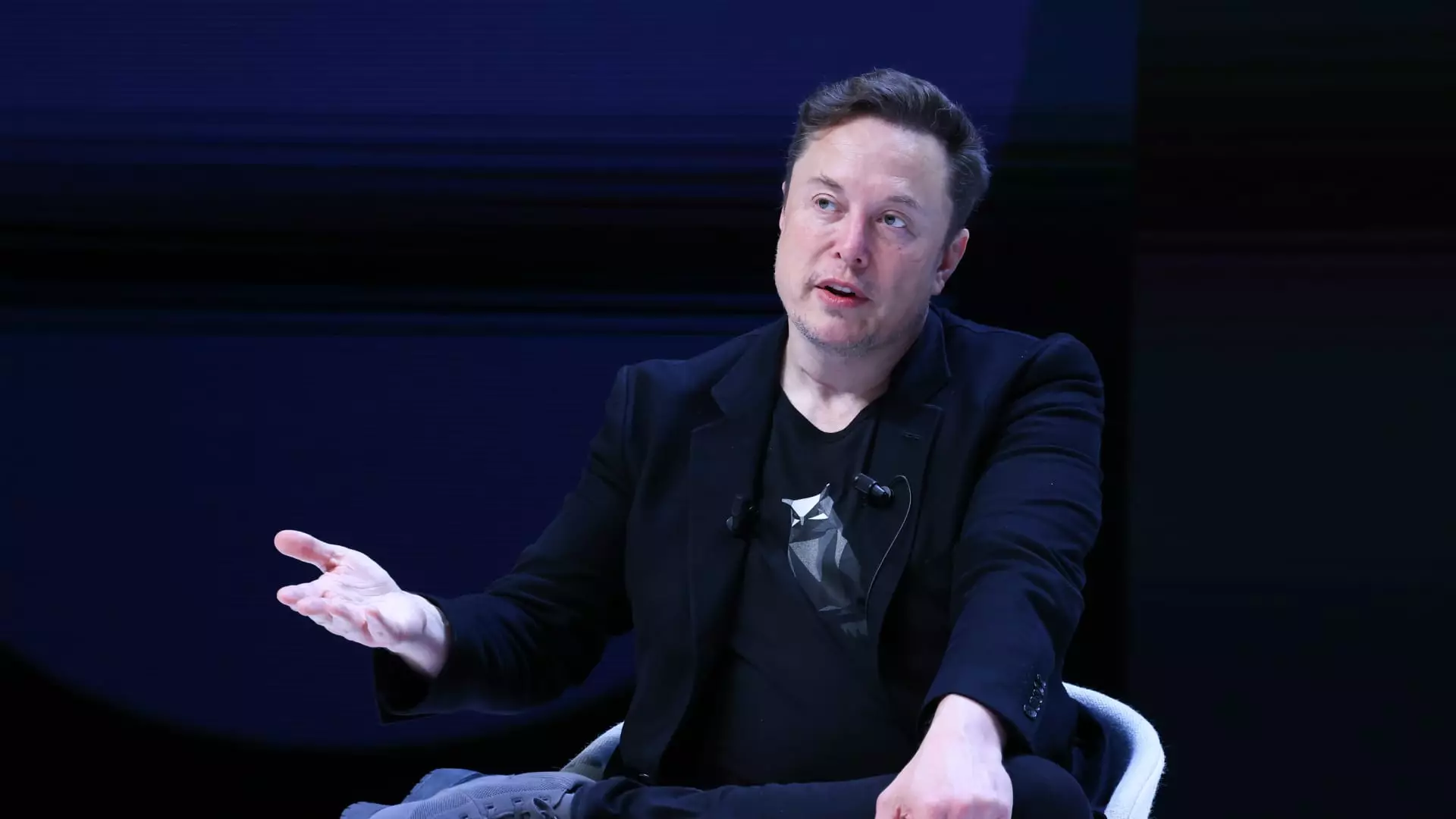Elon Musk recently attended the Cannes Lions advertising festival where he attempted to clarify his previous comments aimed at advertisers pulling out from his X social media platform. During the event, he explained to WPP CEO Mark Read that his infamous “go f— yourself” remark was not meant for the advertising industry as a whole but rather as a defense of free speech. Musk emphasized the importance of having a platform where diverse opinions can coexist without the threat of censorship.
In his address at Cannes, Musk highlighted the dilemma faced by X between choosing censorship to appease advertisers or prioritizing free speech at the risk of losing revenue. He stated that, ultimately, X would opt for supporting free speech over being censored for financial gain, asserting that it was the morally correct decision to make.
Musk’s presence at Cannes was part of a broader strategy to reassure advertising groups and global brands about the future of X. Together with Linda Yaccarino, X’s CEO, Musk sought to address concerns stemming from past controversies that led major advertisers like Apple, IBM, Disney, and Sony to boycott X due to controversial content and ad placements. These efforts were further fueled by Musk’s trip to Israel following accusations of amplifying hate speech on X, showcasing a commitment to addressing concerns raised by civil rights groups.
Despite his previous confrontational stance towards advertisers, Musk softened his tone at Cannes by acknowledging advertisers’ rights to dissociate from content that does not align with their brand values. This shift in rhetoric implies a more conciliatory approach towards advertisers, signaling a willingness to listen to their concerns and work towards a mutually beneficial relationship.
Elon Musk’s recent statements at the Cannes Lions festival reflect a nuanced perspective on the delicate balance between free speech and advertiser interests. While his initial defiance sparked controversy, his subsequent efforts to engage with advertisers demonstrate a willingness to adapt and find common ground in a constantly evolving digital landscape.


Leave a Reply